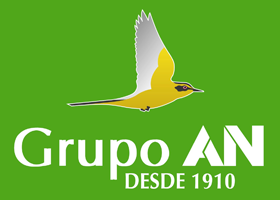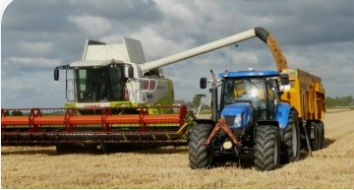The Integrating Precision Farming into Computer Games project will encourage agricultural stakeholders to adopt precision farming techniques and technologies.
Precision agriculture is a farming management concept based on observing, measuring and responding to spatial variability in crops. For instance, the nutrient content or drainage of soil may vary across a field, which means a crop will require different management depending on its position in the field. Using precision farming techniques and technologies enables farmers to manage this variability both within and between different fields.
This has a high potential to improve farming practices leading to increased technical efficiency, better use of inputs such as fertiliser and water, and therefore reducing the environmental impact of agriculture. Despite these benefits, the adoption of precision farming techniques and technologies by farmers remains low.
This project will co-create a new precision farming module for a farming simulator game in order to help users experience the multiple benefits that precision farming can have. This game has the potential to reach a wide audience of farmers, agricultural students and other interested stakeholders in an accessible way.
Project Leadership: Thomas Engel, John Deere
Contact details: engelthomas@johndeere.com
University of Reading Activity Lead: Dr Yiorgos Gadanakis
Contact details: g.gadanakis@reading.ac.uk
Participating organisations:

![]()
![]()
![]()


